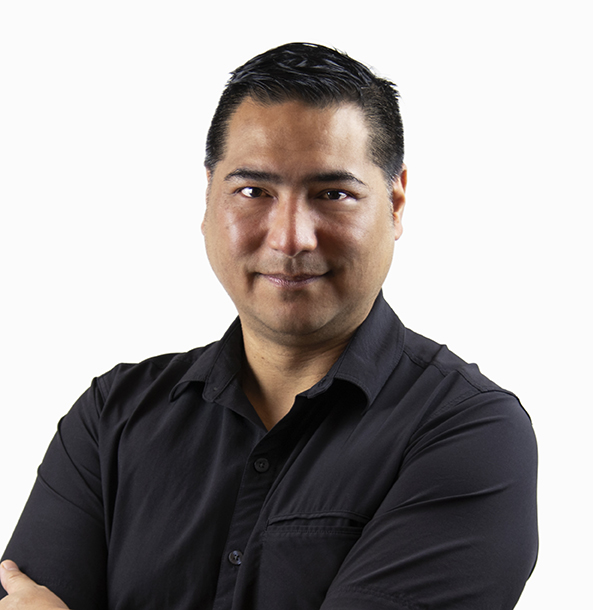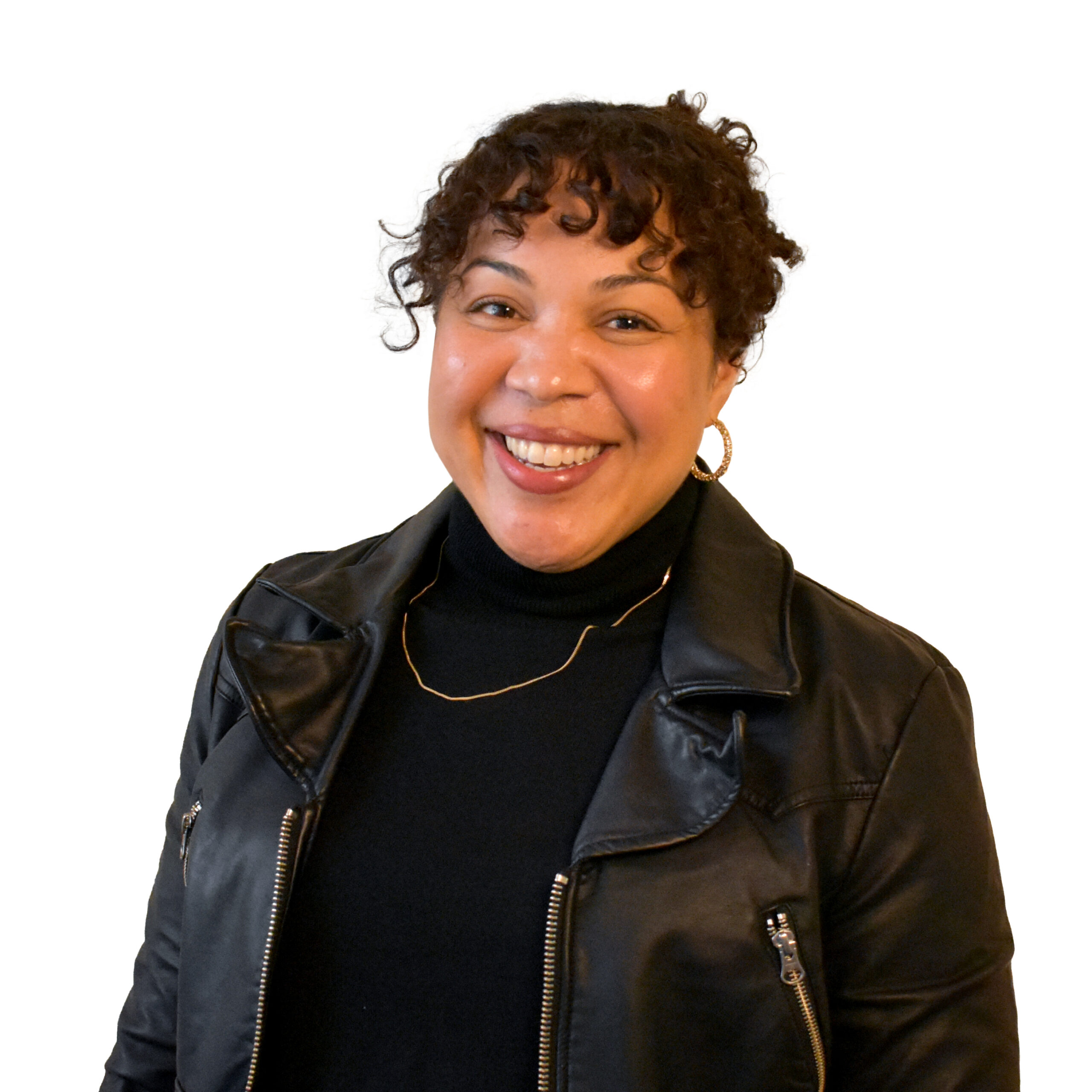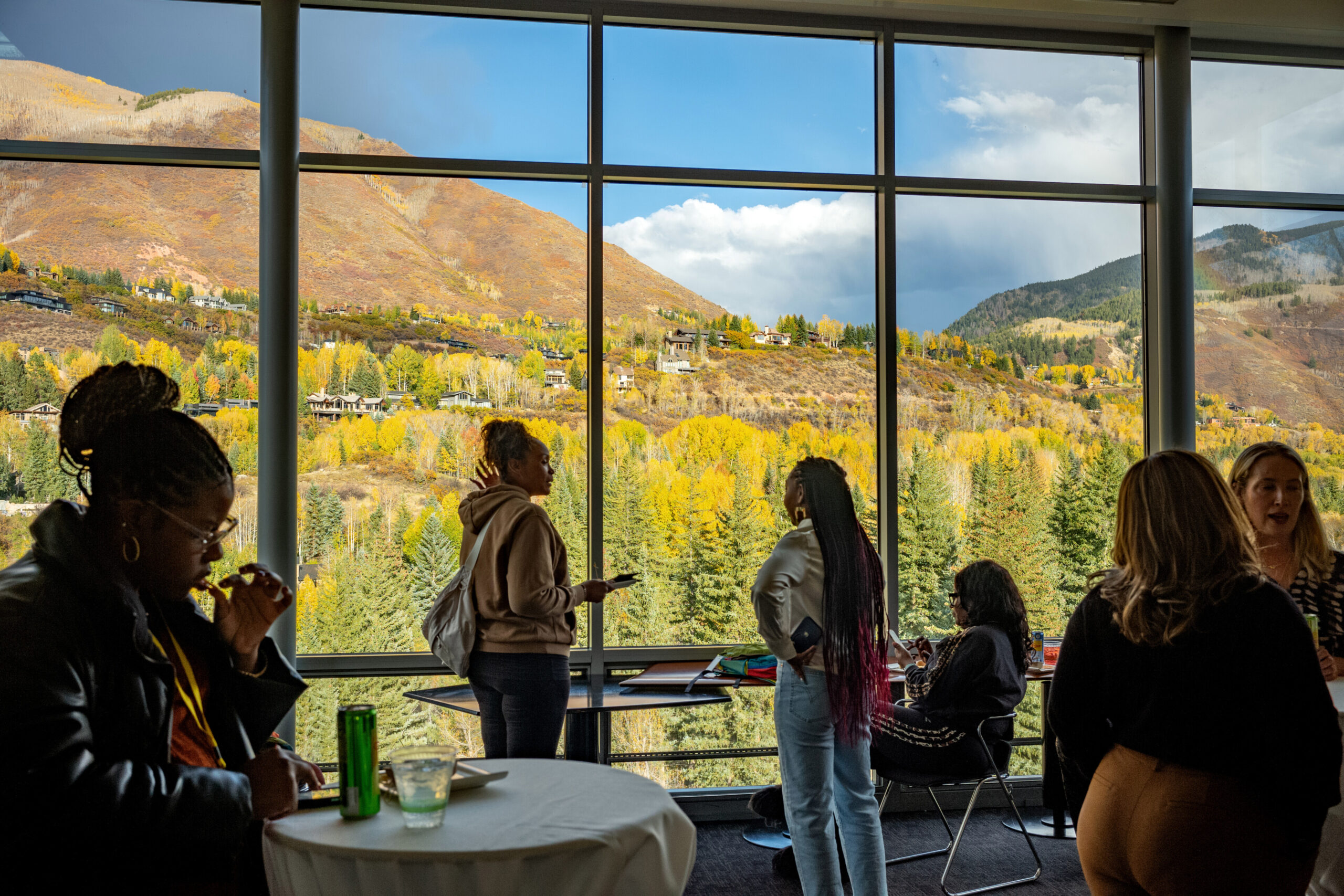
Lessons from the Creator Economy
The pandemic accelerated our immersion into all things digital and fueled fierce competition vying for our attention.
The pandemic accelerated our immersion into all things digital and fueled fierce competition vying for our attention. Last year, social media users grew at the fastest rate in three years to reach 4.20 billion. This trend coincides with the rise of over 50 million content creators who bootstrapped their influence on social platforms through their authenticity, tenacity, and passion. According to the World Economic Forum, this movement is not a fad but a new paradigm where “the creative economy and the platform economy are converging, redefining the relationship between creators, publishers and technology companies.”
Creators harness the power of the new platforms
TikTok, the latest social media darling, is deceptively more than a cultural meme factory. It’s an entertainment distribution company with a user experience optimized to drive engagement among its predominantly under-25 user base. It’s not by luck that a TikTok video captures the cultural zeitgeist; virality is built into the platform by design.
Gen Z and Millennials initially flocked to the app for the latest lip-syncs and viral dance moves, but many now use it to express their identity and beliefs. They’ve rallied support and raised their voices to take on issues from climate change, gun violence, racial and LGBTQ+ rights. During the summer of 2020, they were quick to call out injustice and even put TikTok on notice for shadow banning and suppressing content from Black creators protesting racial inequality and supporting the Black Lives Matter Movement.
We can learn a lot from content creators and influencers who courageously use their power on platforms to speak out and welcome people in. They bring their true selves, instill a sense of belonging, and encourage their community to contribute, share, and add their creativity.
Use a creator mindset to win the war on trust
We live in one of the most challenging communication environments we’ve ever faced. Unfortunately, savvy social media extremists have also built large followings by manipulating social platforms to spread misinformation. They seek to undermine trust in our institutions and each other. Taking advantage of the algorithms to hijack our daily feeds, they rile up anger, fear, and hate to trigger confirmation bias and groupthink. In a world where cultivating attention is the end game, how can we, working to create lasting social change, ensure our messages rise above the fray and resonate with audiences?
To counter misinformation and regain trust, we must do more than simply present facts. It’s time to boldly tell stories that stay true to our values while respecting other points of view. We must show the heart and humanity in our work through compelling creative that’s impossible to ignore. A great example is GirlUp’s #TodayWeRise campaign, where they captured the promise and hope in the faces of aspiring young leaders as they watched the historic inauguration of Vice President Kamala Harris.
For our stories to take flight, we must also optimize our processes and technology to engage audiences and personalize our communications. It’s time to expand our skills in machine learning, data science, UX design, content creation, and SEO to outperform those who want to use digital for their nefarious ends. Combining these essential skills with a creator’s mindset will reduce time spent refuting false narratives and give us more time to have courageous conversations vital in building trust.
Put communities at the center of all we do
We’ve seen successful content creators build communities, one person at a time. They value everyone’s time and earn trust by consistently giving reasons for us to show up each day. They offer solutions and tools and not just commentary. To overcome systemic inequality, we need to put communities at the center of our work and collaboratively create tools to activate change. Color of Change exemplifies this approach. They organized local activists in their fight for criminal justice reform on WinningJustice.org. Threespot worked with Color of Change to build this online database that shows where district attorneys stand on key issues like cash bail and holding police accountable. Armed with this knowledge, local activists can support reform-minded district attorneys or challenge those against reform when they are up for re-election.
I’m so inspired by the energy and fortitude of so many creators that are hyper-focused on making compelling content that harnesses the power of today’s platforms to foster community, agency, discourse, and action.
Let’s learn from the influencers in the creator economy and use our ingenuity, imagination, and creativity to organize vibrant communities that share our passion for creating the world as it should be.




